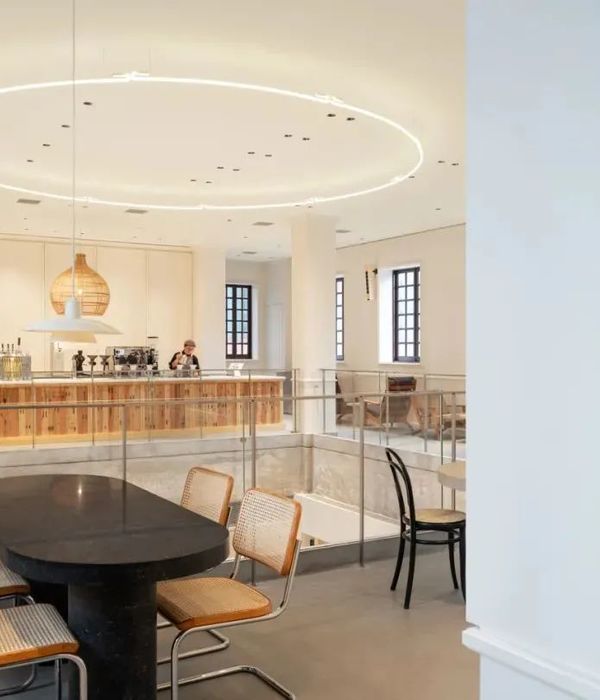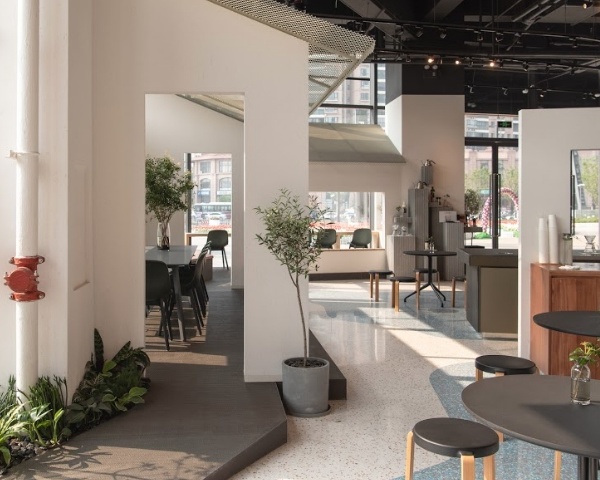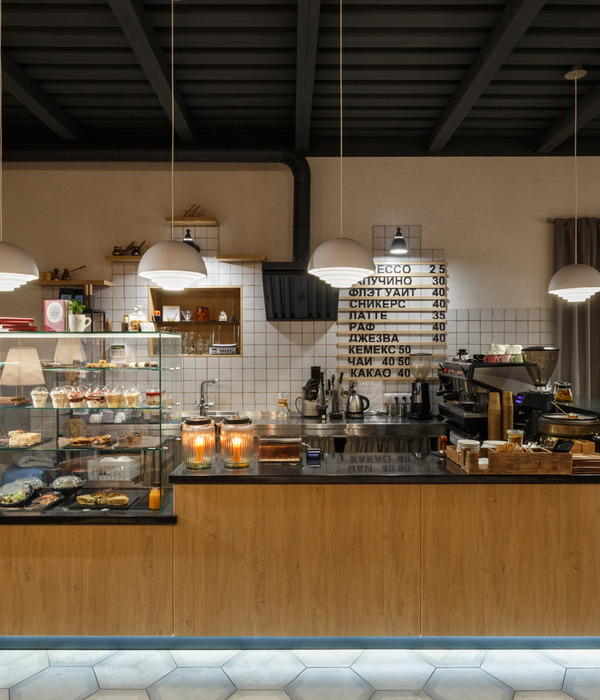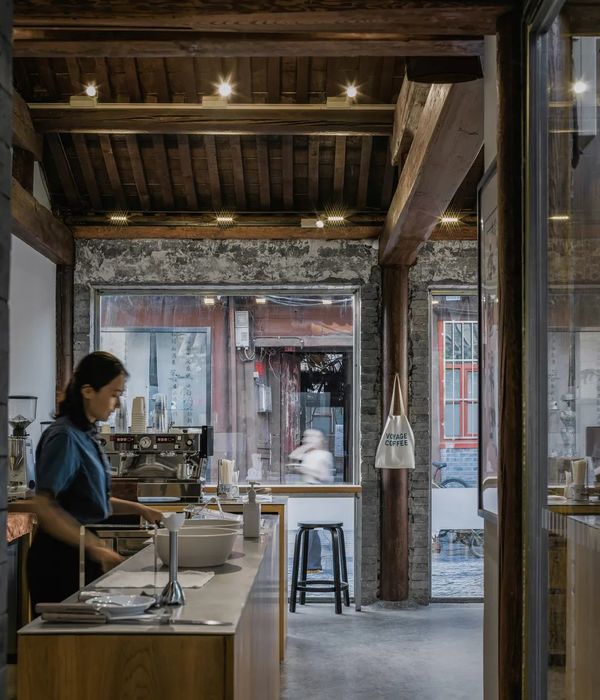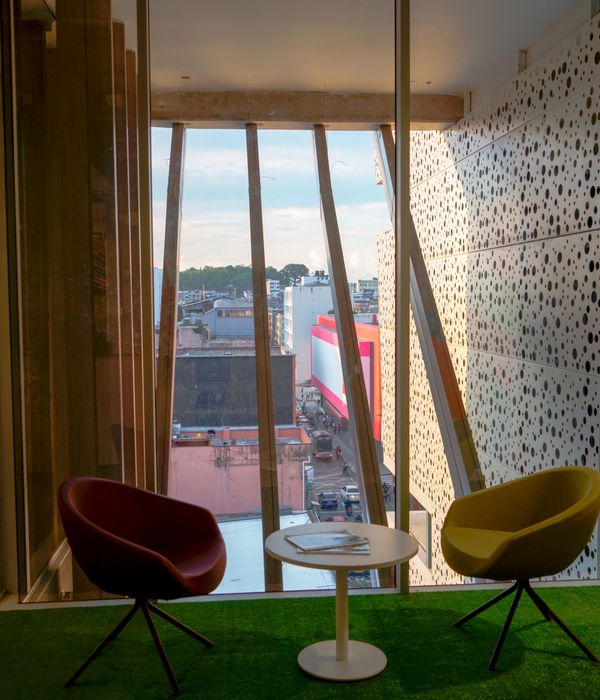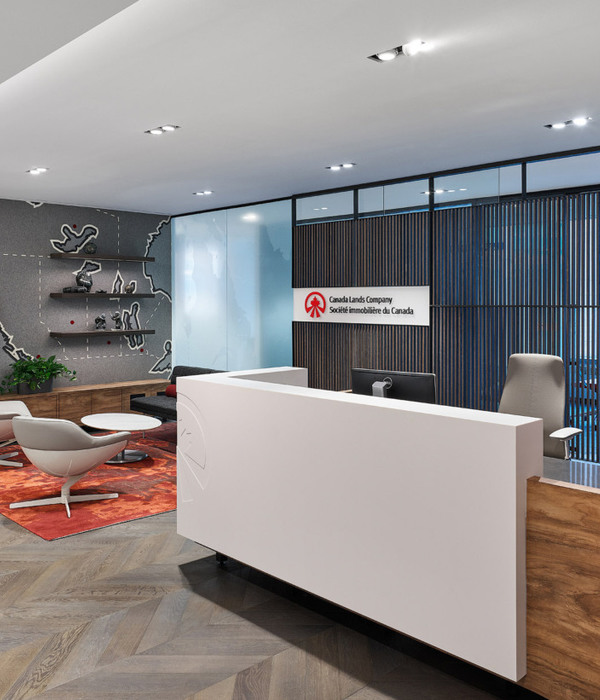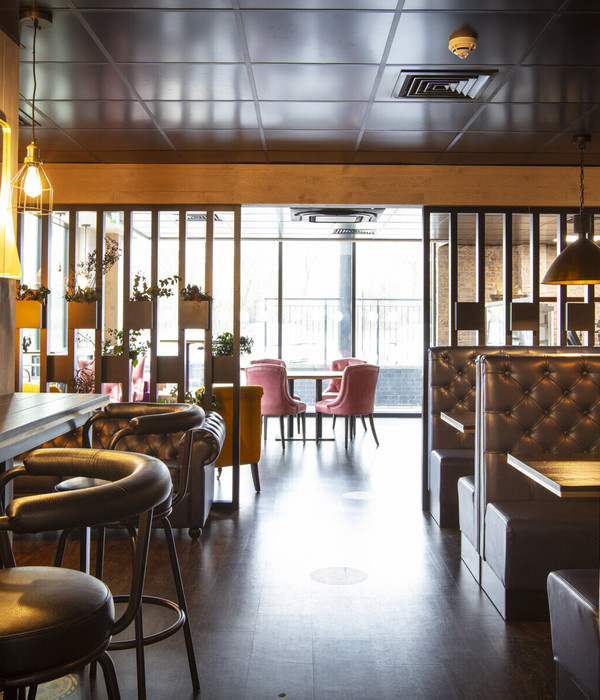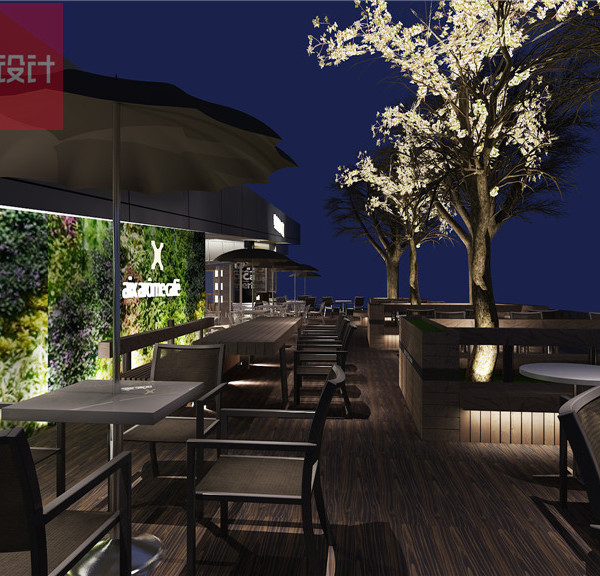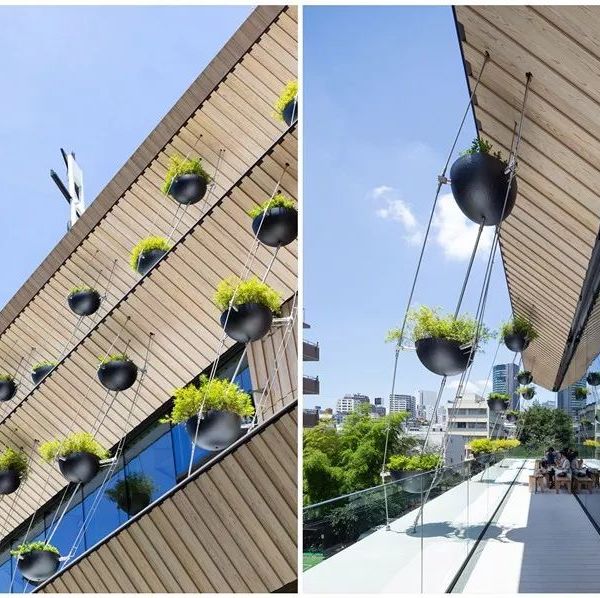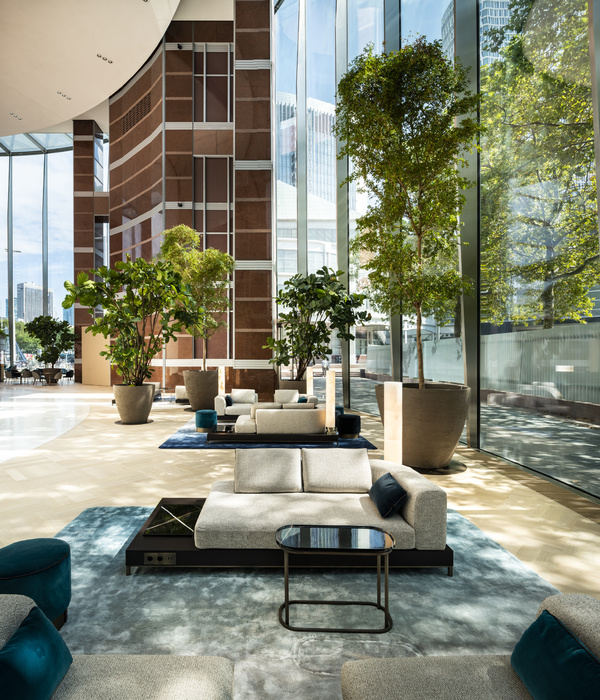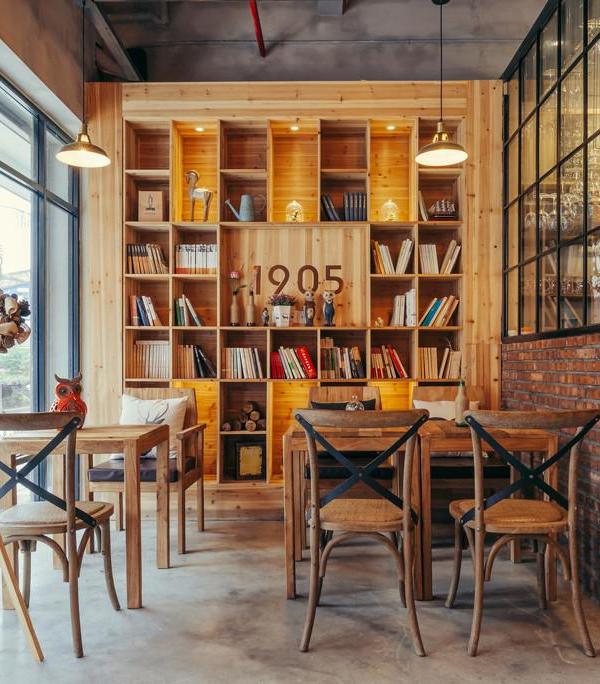伦敦创意园区 De Beauvoir Block 的蜕变
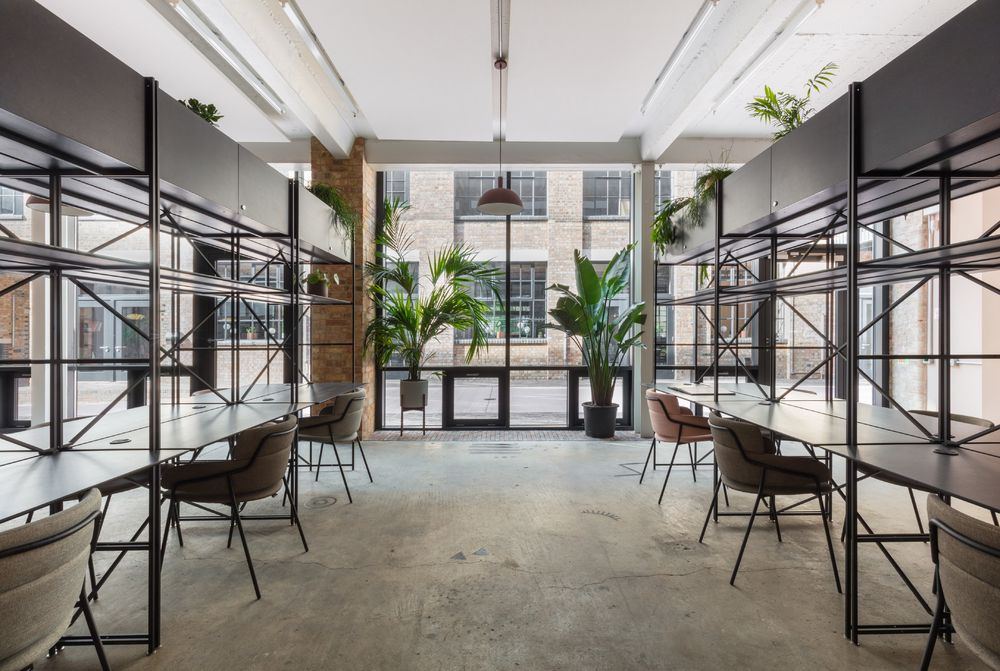

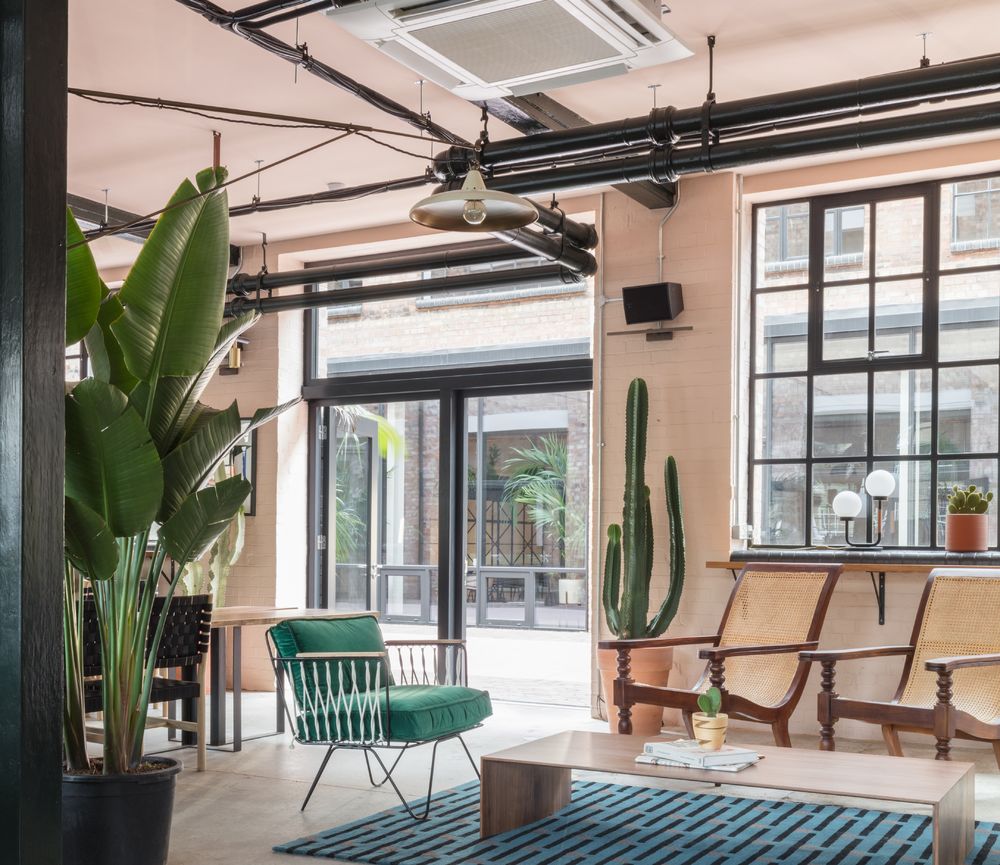
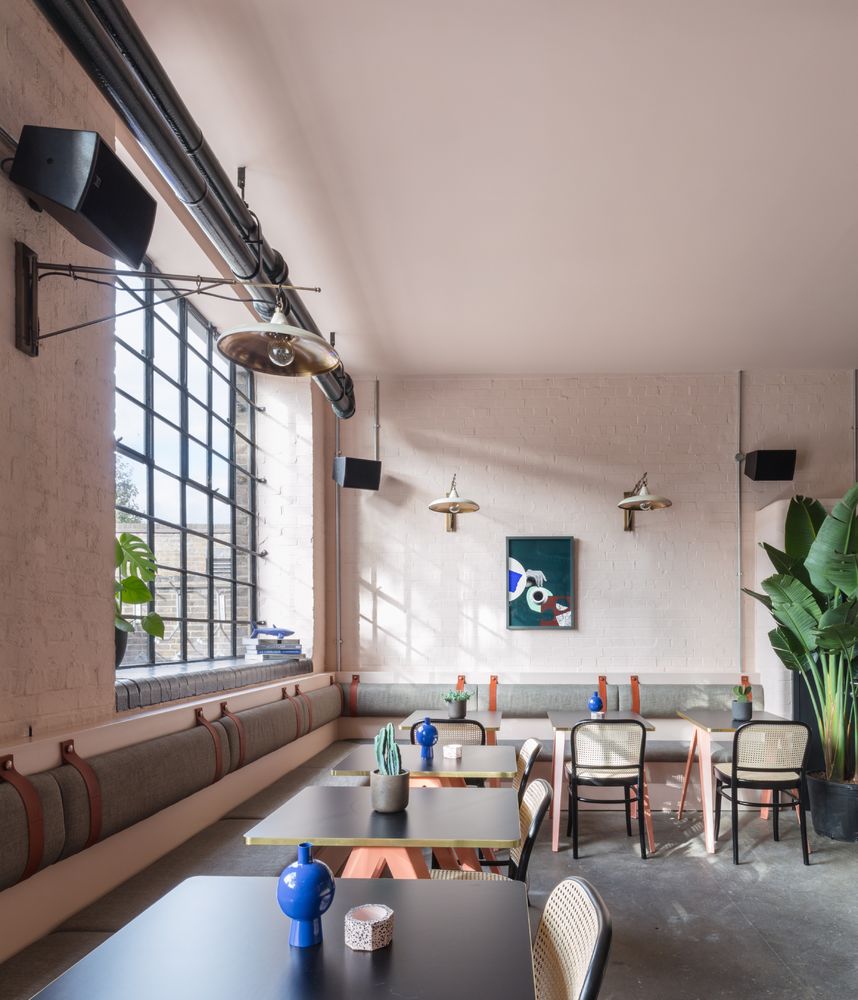
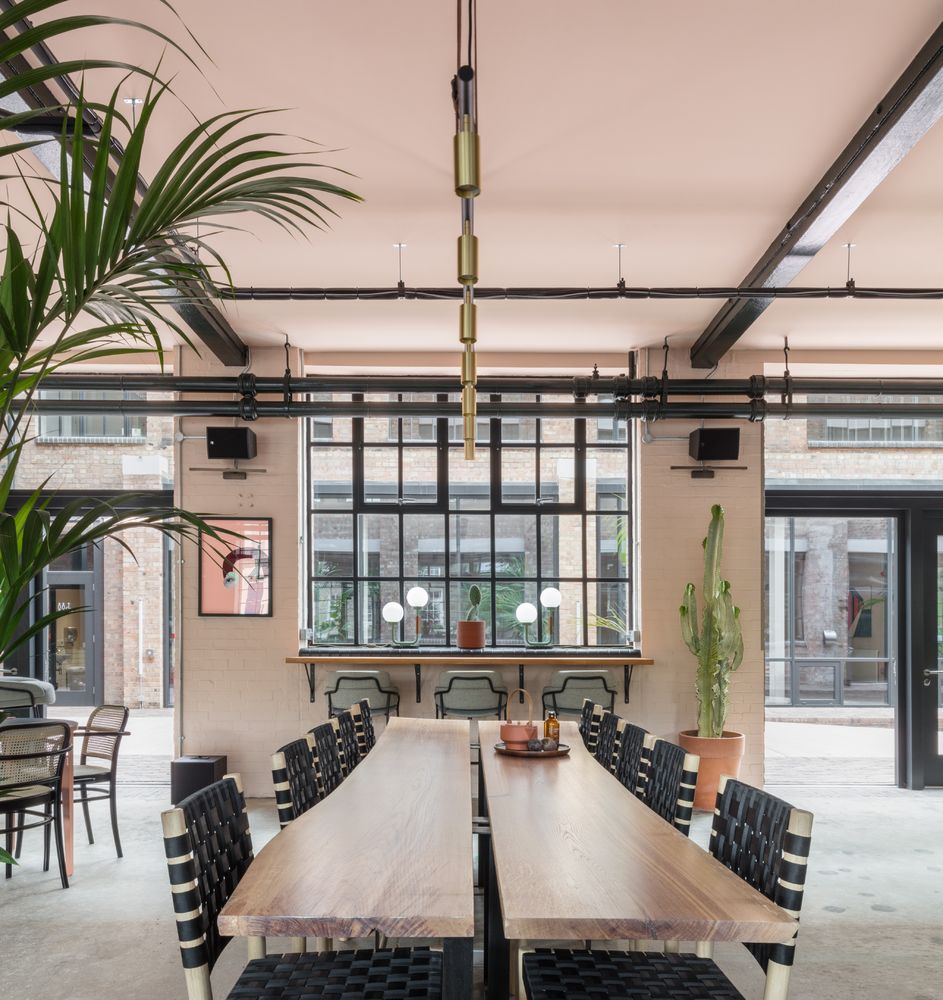
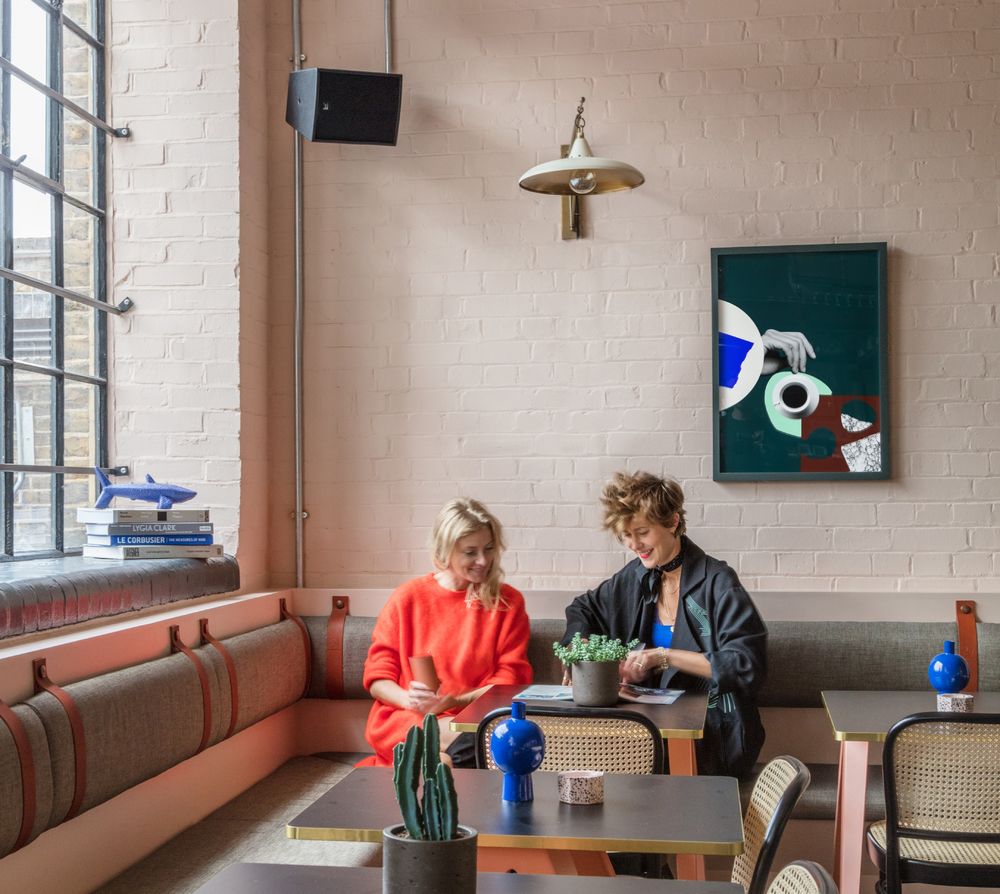
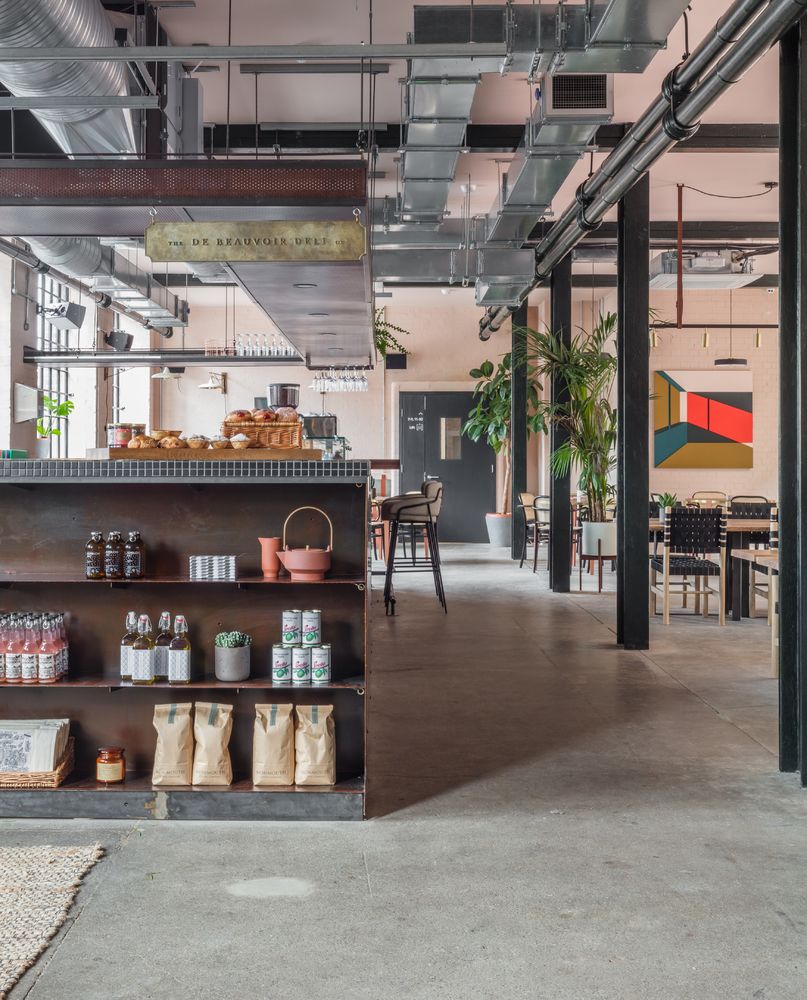
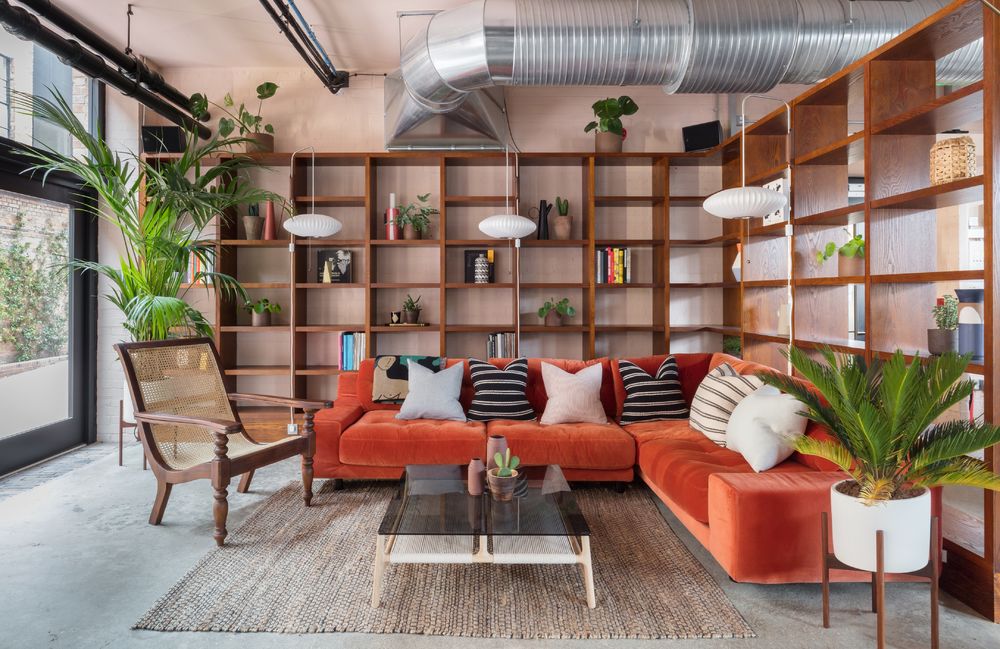

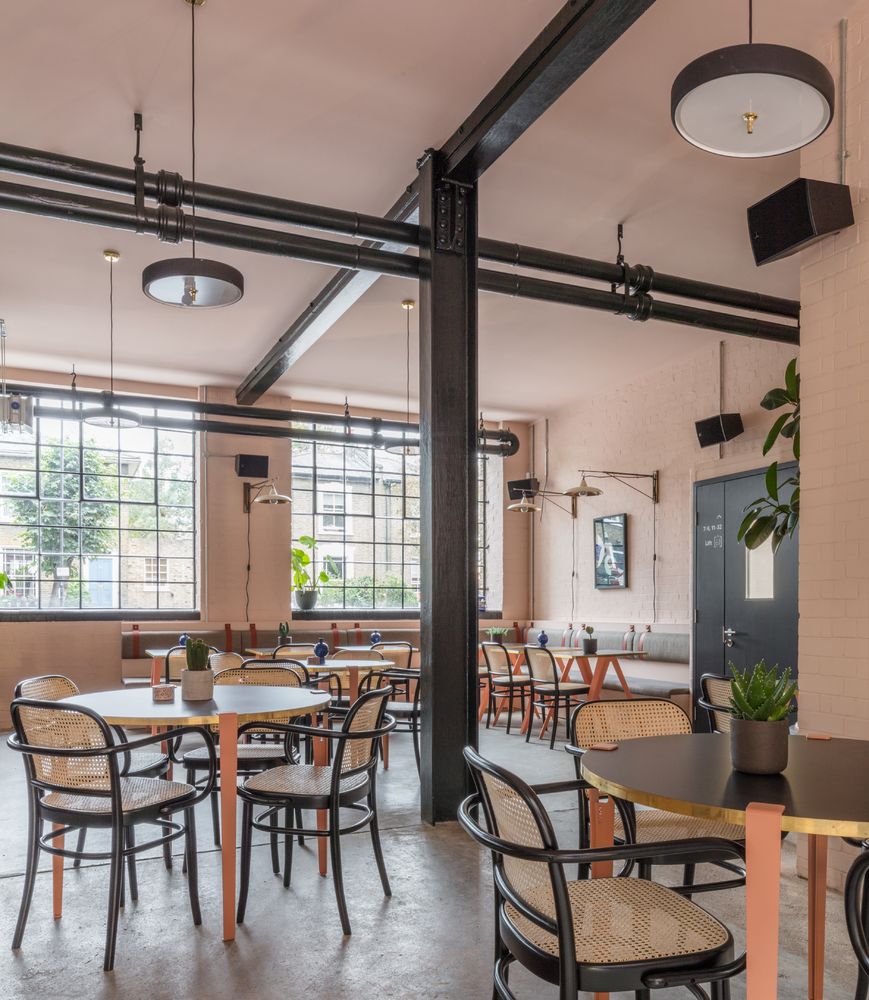
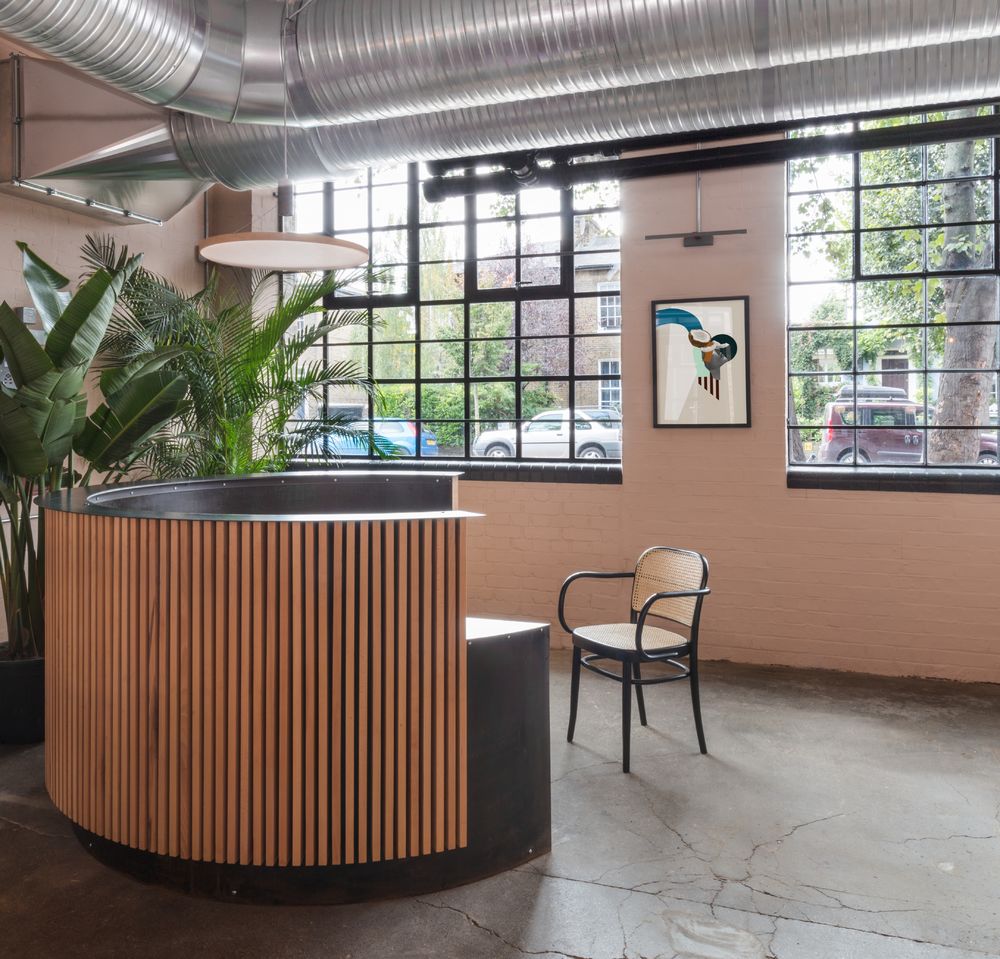
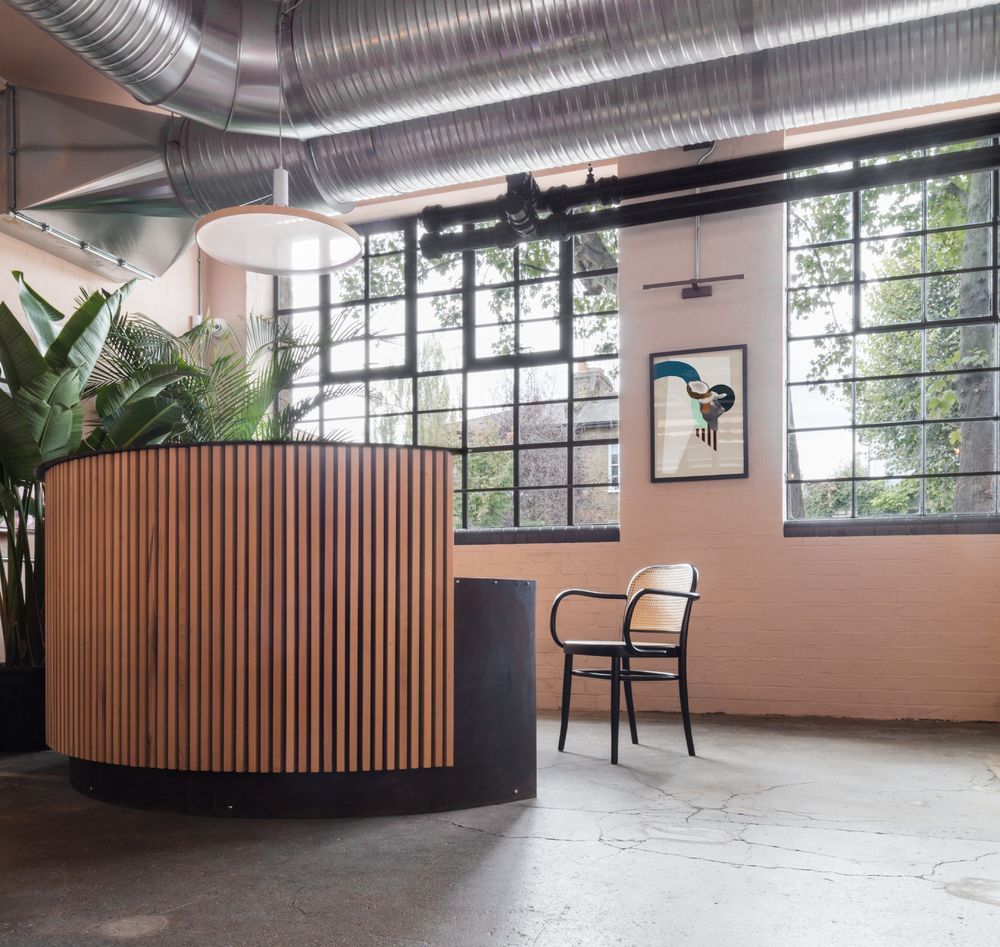
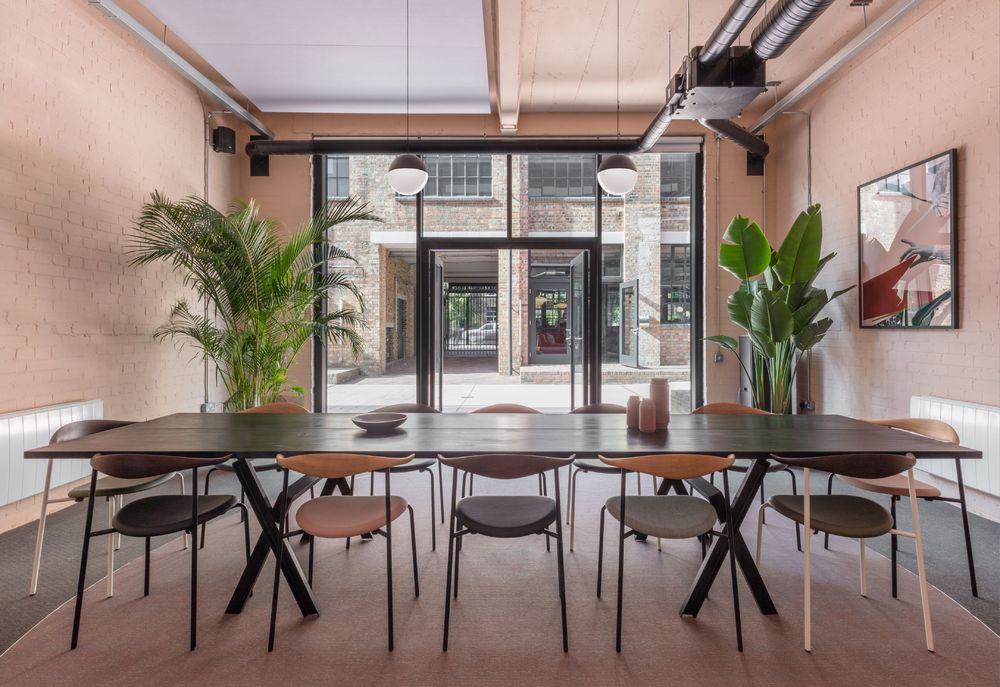
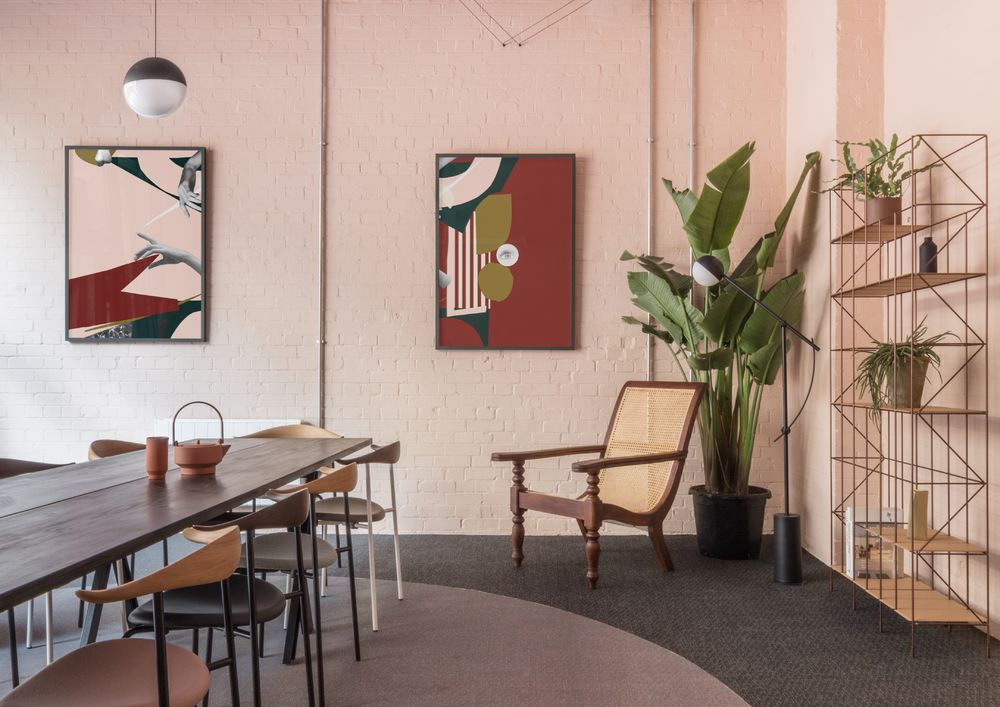
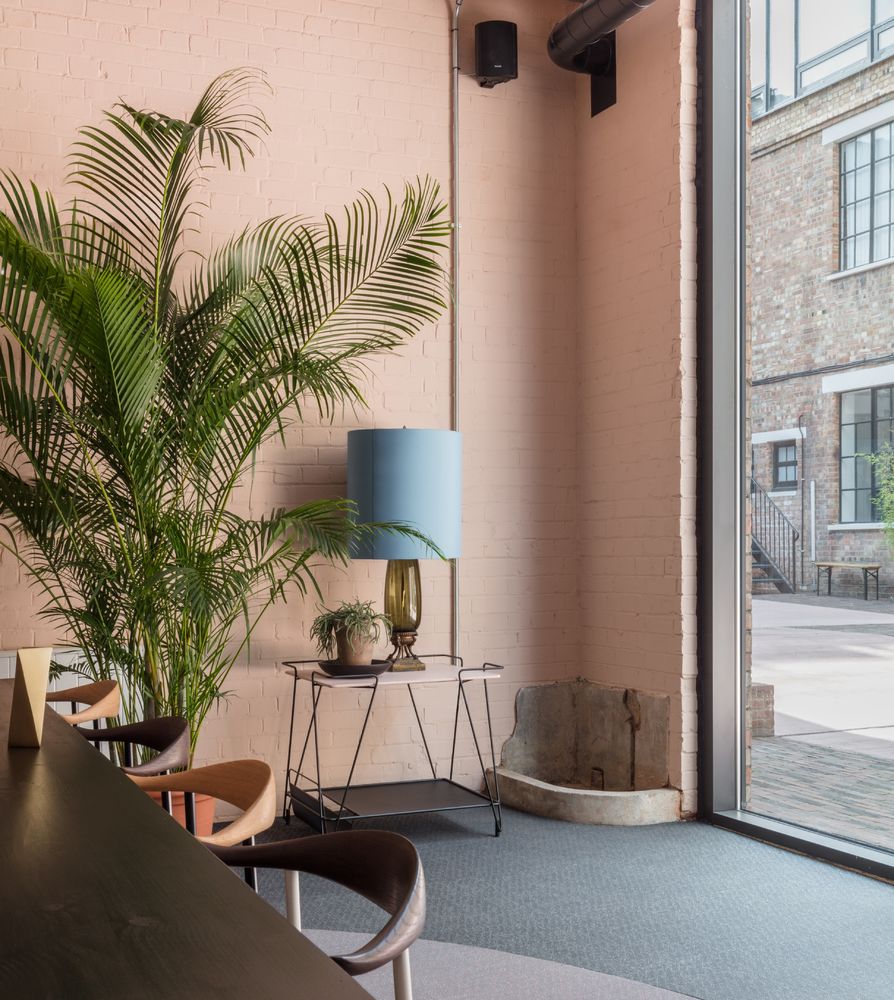
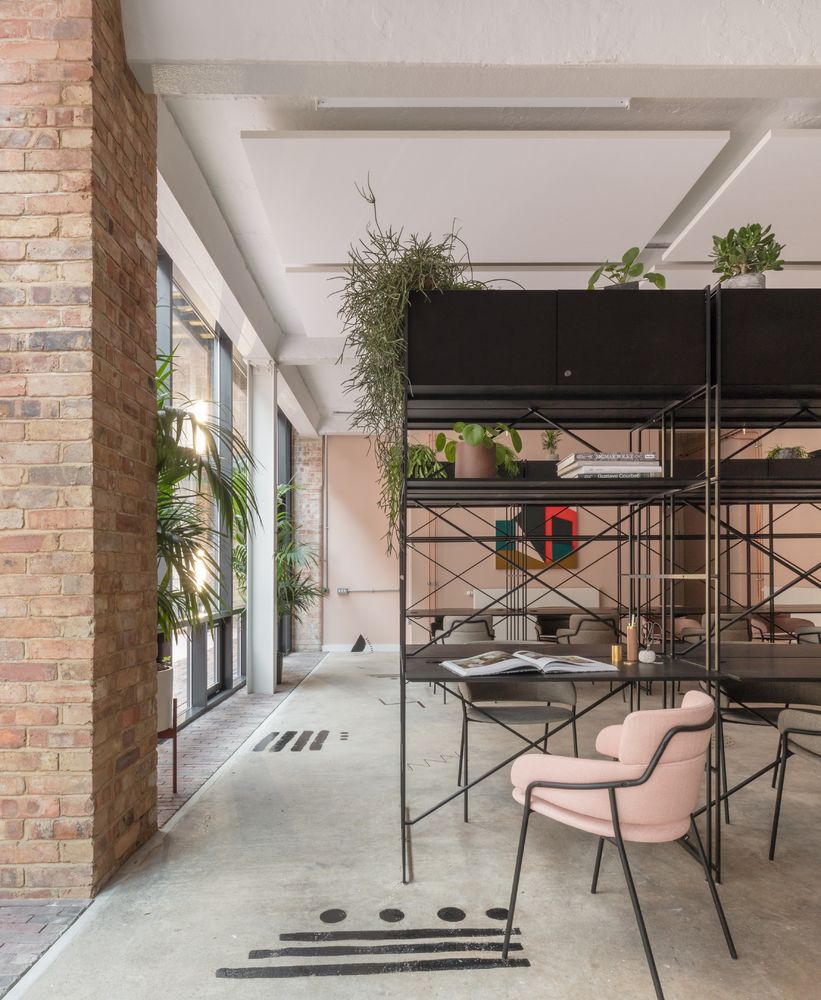
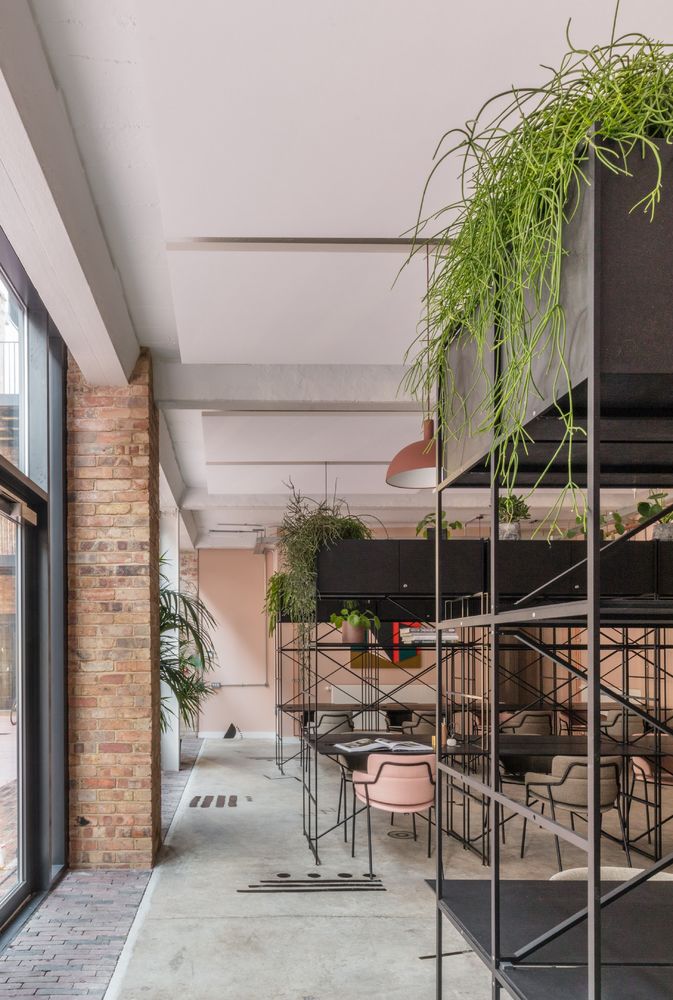
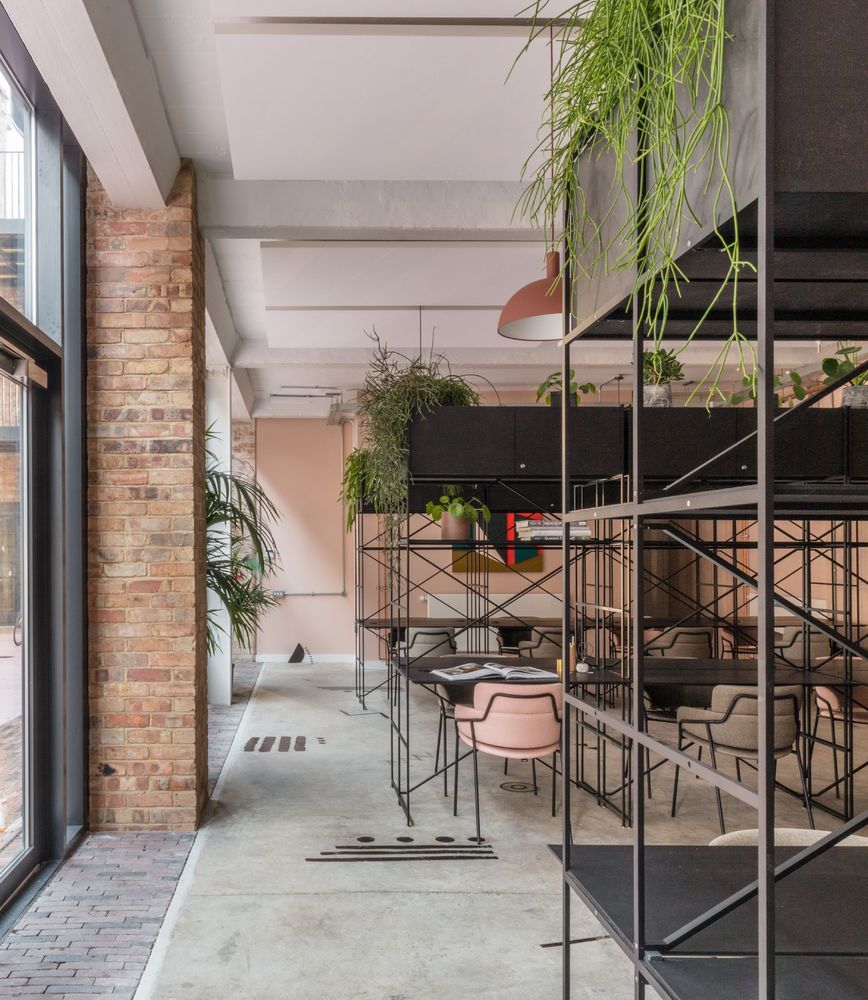
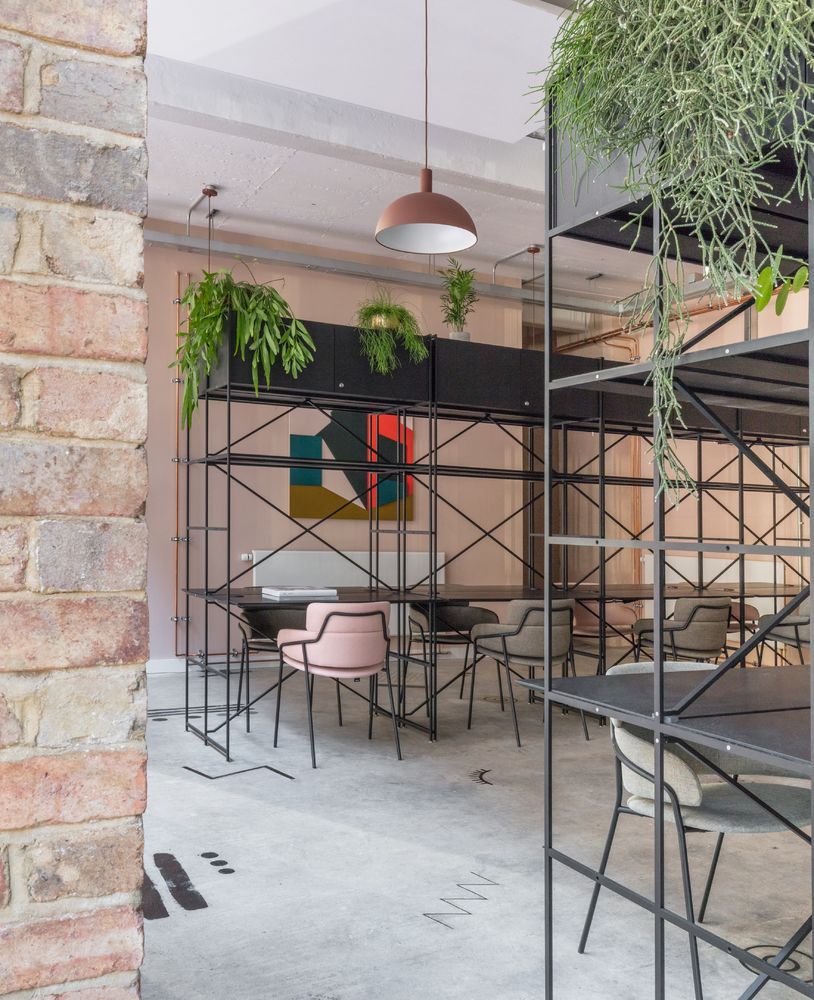
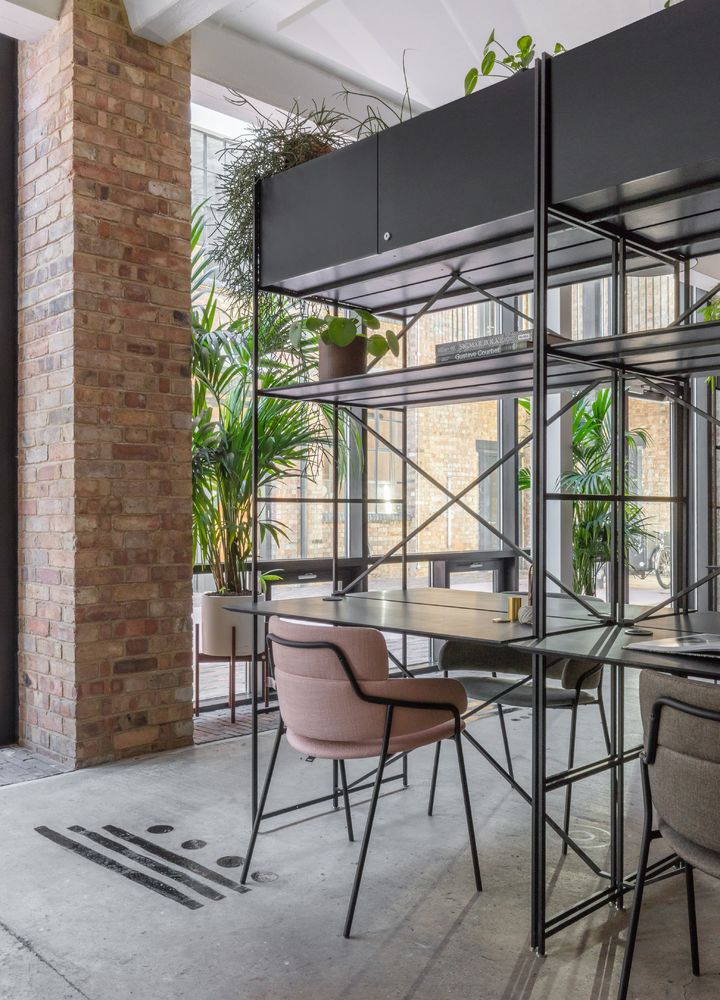
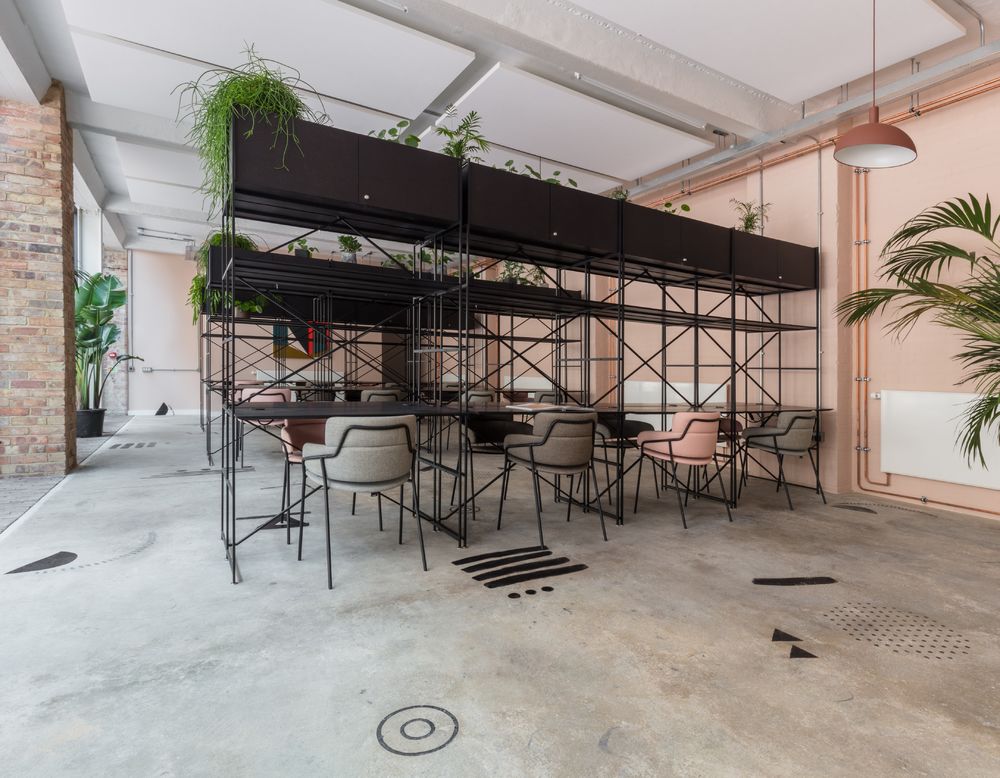

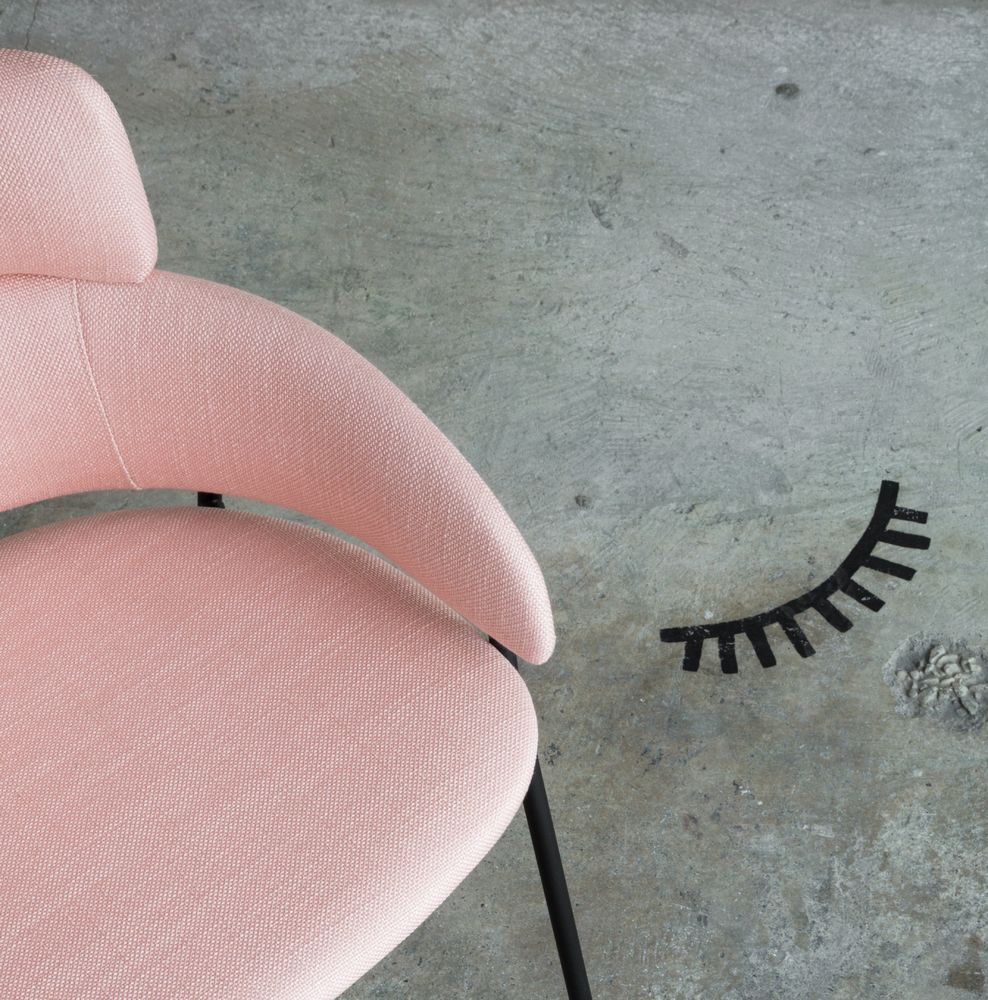
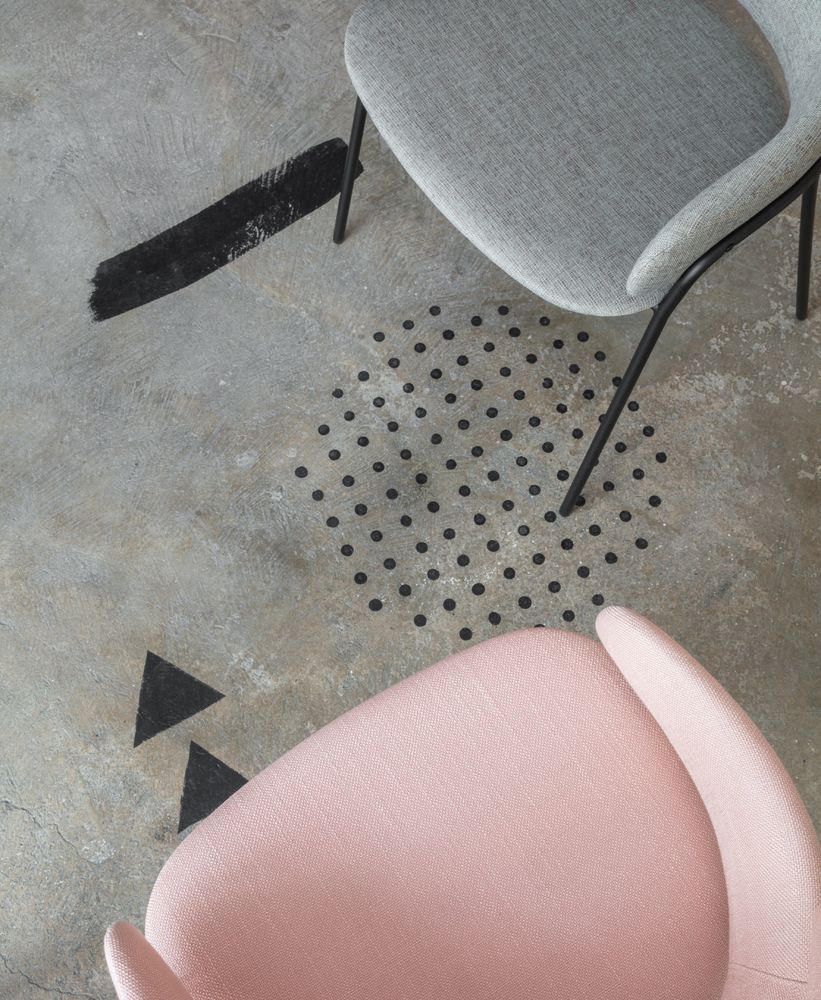
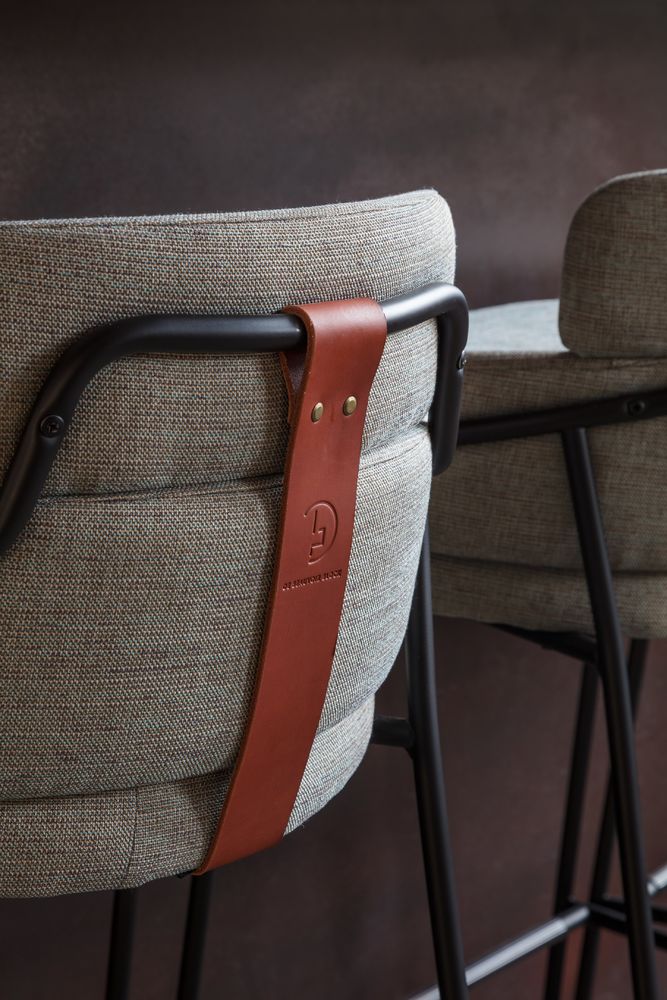
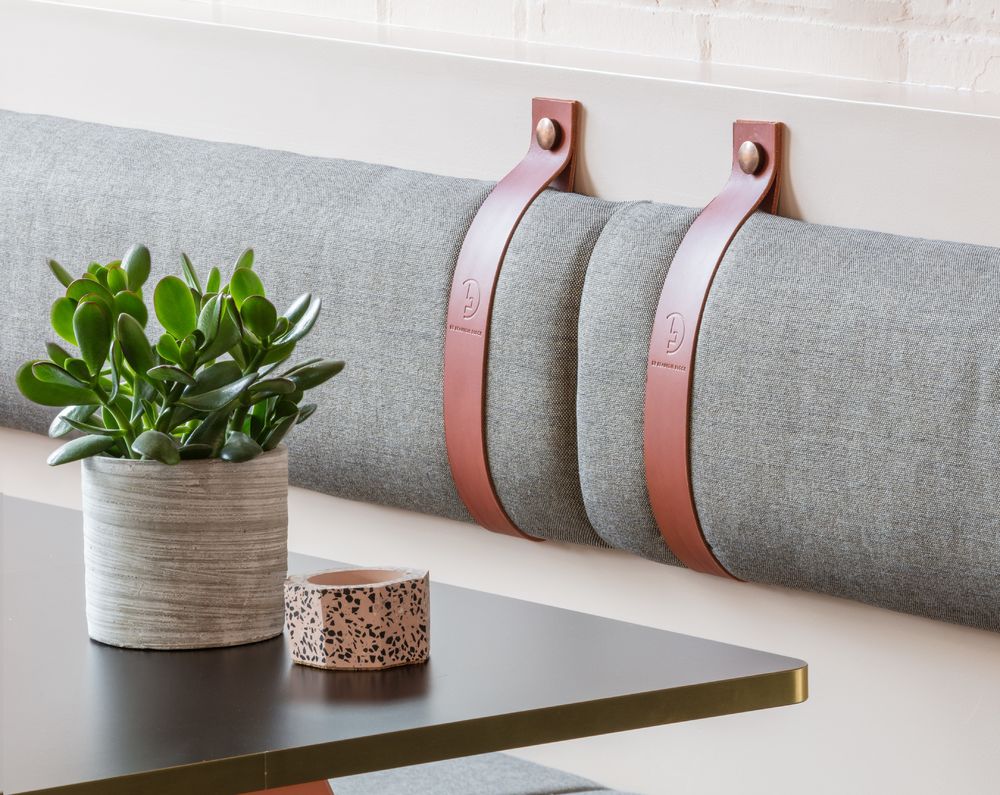
London’s workspaces have transformed in the last decade. With the boom in freelancers, tech start-ups, small creative agencies and other entrepreneurial businesses, there has been an explosion in shared office spaces, start-up hothouses, and working hubs housing multiple companies and individuals. In London at least, the ‘one business = one building’ set-up is becoming rarer by the day. De Beauvoir Block in Hackney is a case in point. Formally opened by Hackney South MP Meg Hillier in October 2017, the restored Edwardian industrial building currently houses a mix of 26 creative businesses, including the likes of Alexa Chung, Resident Advisor and Assembly and spanning art, music, design, fashion, architecture, as well as providing flexible desk space for freelance workers. The aim of its developers, the Benyon Estate, is to provide ‘a creative hub for like-minded industries so they can benefit from working under the same roof, professionally and socially.’ Achieving that vision takes more than providing office space – any working environment that seeks to foster a sense of community needs to create a physical space in which that atmosphere can flourish. And that’s where Sella Concept comes in.
Driven by a desire to create a permanent space, Sella Concept initially approached the Estate with a proposal for a retail/workshop concept, but were quickly enlisted to develop a vision for the future of the workspace and implement a design that could nurture the creative culture of the Block as a whole. The one unit they were first asked to work on soon grew to three – the Block’s boardroom, its co-working space and the large, open café, lounge and reception area that now acts as meeting point, lunch venue break-out space and general social hub for everyone working in De Beauvoir Block.
‘We spend most of our days at work, so it seems crucial to develop a space that calls upon your various moods at different points of the day – particularly in creative industries, where a shift in your environment can take you to a more inspiring headspace.’
– Tatjana von Stein, Sella Concept
Taking the silky, smooth finish of a newly plastered wall as the starting point to develop the colour palette and atmosphere, Gayle and Tatjana explored ideas, plotted layouts, drew up furniture designs and, when construction was finally complete, brought their vision to life on site.
Around a central bar (operated by local hero De Beauvoir Deli), a melange of long wooden tables, early 20th-century plantation chairs, sofa-lined ‘living room’ zones, grid-like bookcases, bistro-esque dining areas, and ‘laptop and latte’ counters make the space extremely adaptable over the course of the day – as suited to slumping on the sofa with a magazine as it is to a lunch meeting or after-work drinks. With plaster-pink brickwork, smooth concrete floors, fresh colour accents and an abundance of greenery and cane, it’s a cross between a modernist living room and the kind of buzzing day-time hangout you’d find on the streets of Los Angeles.
‘It’s hard to create a community and culture without a beating heart at its epicentre. We wanted to challenge the large open room and the industrial fabric of the building through a cocoon of rich materials and colour that creates a feeling of movement throughout.’
– Gayle Noonan, Sella Concept
The long tables, topped with raw-edged slabs of wood, seem to float thanks to their inset industrial steel legs. These were designed bespoke by Sella Concept, as were the circular wooden reception desk, the banquette seating, the main bar and the floor pattern.
Lighting has been carefully considered to complement the natural light that floods in through huge warehouse windows on either side of the room. Little Darling lamps by Swedish Ninja line the window counters; pendants from Bert Frank and Niclas Hoflin illuminate the tables; and the bookcases, stacked with books from the Serpentine Gallery, are illuminated by George Nelson’s modern-classic Bubble Lights.
For the artwork, Sella Concept commissioned graphic artist Emily Forgot to create a series of wooden assemblages and collages that capture both the architecture and cultural fabric of the building.
The finished space opened its doors to De Beauvoir Block’s 275 tenants in October, and has now become the heart and soul of the block, as people from different companies and industries meet, mingle, share ideas and make connections in an easy-going and creatively fresh environment. They may not know it, but they have Sella Concept to thank.
‘Sella Concept transformed our approach to the development of De Beauvoir Block. We were approaching it as a standard office development, but they brought us a design concept that introduced the idea of co-working in the same building as larger companies. This included a communal space for all occupiers to enjoy, including a café and meeting rooms, with the hope that all the creative industries in the building would benefit from the interaction. Their interior design has turned what was an exciting development into a truly inspirational space for many creative industries.’
– Edward Benyon, Estate Manager, De Beauvoir Block



